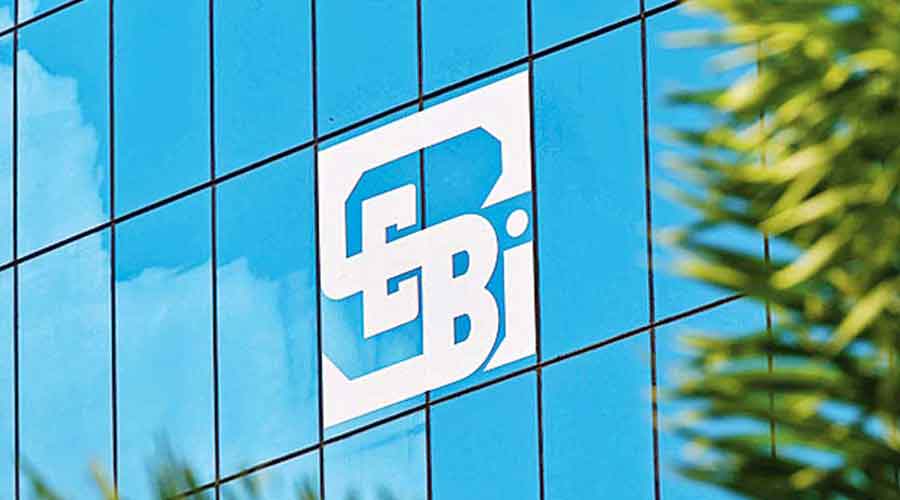The Securities and Exchange Board of India (Sebi) has told the Supreme Court it is already inquiring into both the allegations made in the Hindenburg report as well as its impact on the market activity immediately preceding and post the publication of the report to identify violations of capital market regulations.
The regulator pleaded it cannot disclose details on the ground it would “not be appropriate” and “could seriously prejudice the entities”. The regulator said it is not in favour of banning short-selling or sale of borrowed shares, which is the primary activity of Hindenberg Sebi in a written note before a bench headed by Chief Justice D.Y.
Chandrachud described what short-selling is and what Hindenburg Research did but did not once name the Adani group in the 20-page document. It said the Hindenburg charges did not have any significant impact on the securities market and was at best “localised” with regard to Adani entities.
“While shares of the Group have seen significant decline in prices on account of selling pressure, the wider Indian market has shown full resilience.” The inquiry covers possible violations in Sebi (Prohibition of Fraudulent and Unfair Trade Practices relating to Securities Market) Regulations, 2003; Sebi (Prohibition of Insider Trading) Regulations, 2015; Sebi (Foreign Portfolio Investors) Regulations, 2019; offshore derivative instruments (ODI) norms and short-selling norms.
“As the matter is in early stages of examination, it may not be appropriate to list details about the ongoing proceedings at this stage. For the regulator to make any statement in respect of ongoing examination/ investigation of cases, or on the basis of third-party reports, could seriously prejudice the entities under examination and thus it would not be appropriate to make any statements until the due process is complete. “All actions would be subject to rigorous examination of the matter and any statement by the regulator ahead of determination of the facts would perhaps be irresponsible,” the regulator stated.











